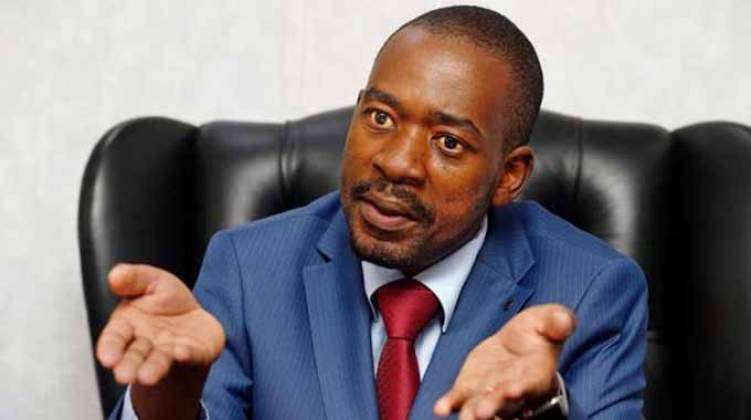Political Reporter
The much-touted unity of Zimbabwe’s opposition appears to be collapsing before it even materialises, with deep-seated disagreements over leadership, ideology, and power-sharing threatening to turn the proposed coalition into yet another political pipe dream.
According to a source privy to the ongoing negotiations, prominent political analyst and mediator Dr Ibbo Mandaza has been working behind the scenes to bring together opposition heavyweights, including Nelson Chamisa, Jacob Ngarivhume, Job Sikhala, and Professor Welshman Ncube, under one united front.
However, the talks have reportedly hit a brick wall as the leaders struggle to find common ground.
The source revealed that while Chamisa, the former Citizens Coalition for Change (CCC) leader, was initially receptive to the unity talks, he insisted on being the undisputed leader of any new coalition.
More controversially, he allegedly demanded exclusive powers to appoint the National Executive Council (NEC) of the proposed party—a condition that has ruffled feathers among his would-be allies.
“Chamisa is open to unity, but only on his terms. He wants full control over the party structure, including handpicking his lieutenants. Some see this as a power grab rather than a genuine effort to unite the opposition,” the source disclosed.
Jacob Ngarivhume, Transform Zimbabwe leader, has reportedly taken a hardline stance against Chamisa’s proposition.
Insiders say Ngarivhume is pushing for an elective congress where opposition members would democratically choose their leaders rather than have them imposed from above.
“Ngarivhume believes in collective decision-making. He argues that if this coalition is to be taken seriously, it must be built on internal democracy—not one man’s authority,” the source added.
Meanwhile, firebrand activist, Job Sikhala and veteran opposition figure, Welshman Ncube are said to havetheir own reservations.
Sikhala, known for his militant approach, is reportedly sceptical of Chamisa’s willingness to accommodate divergent views, while Ncube—a seasoned negotiator—prefers a more structured, inclusive approach to coalition-building.
“Everyone wants a united front, but no one is willing to compromise. Egos are clashing, and personal ambitions are overshadowing the bigger goal of challenging Zanu PF,” the source lamented.
With such fundamental disagreements, political analysts fear that the opposition’s unity efforts may crumble before gaining momentum.
“This is the same old story—opposition leaders agree on the need for unity but disagree on everything else. Without sacrifice and compromise, this coalition will remain a fantasy,” said political commentator Calvin Chitsunge.
As things stand, Zimbabwe’s opposition risks entering the next electoral cycle more fragmented than ever.
And with Zanu PF watching closely, the failure to unite may prove costly.




